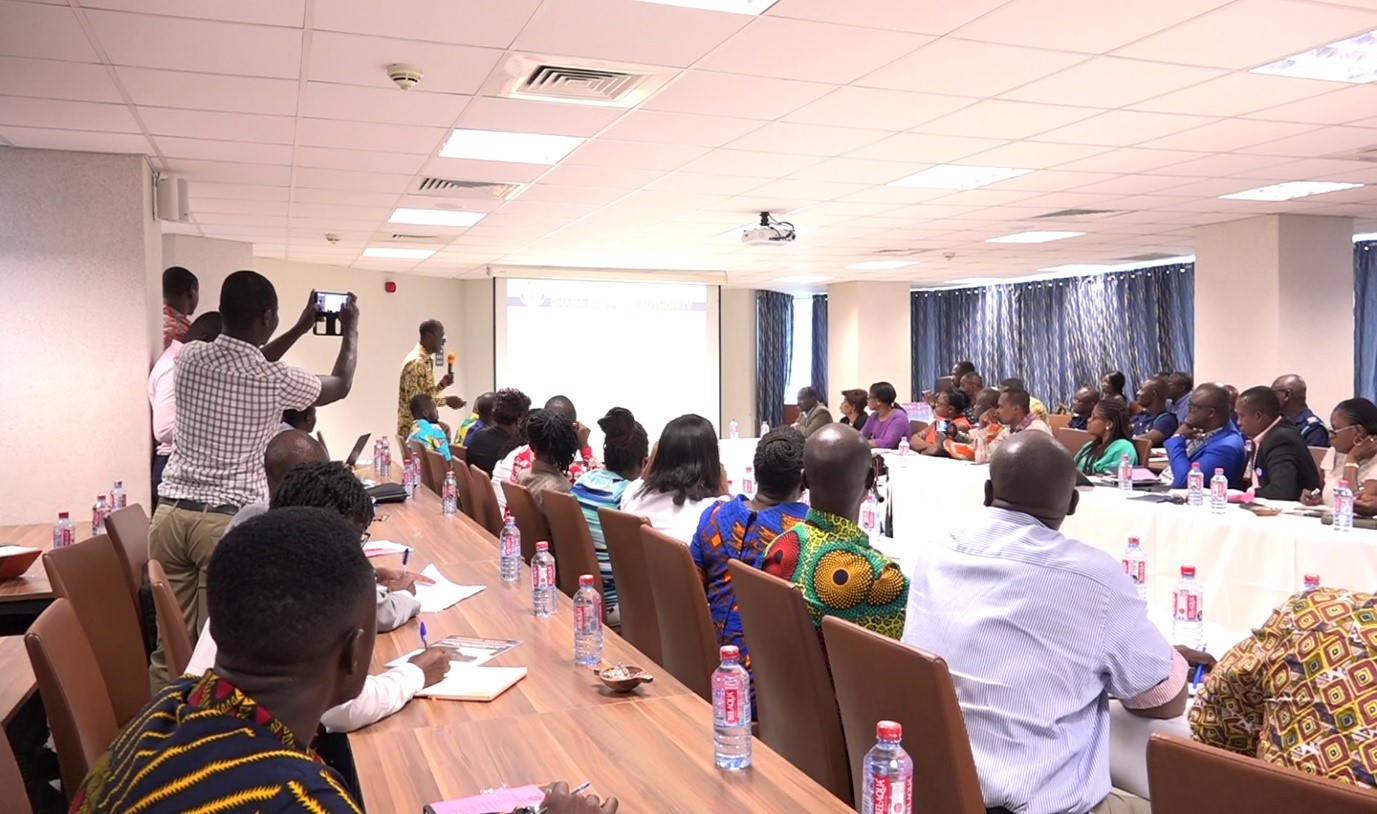The Ghana Shippers Authority in collaboration with stakeholders in the port clearance chain, has engaged key government ministries, departments and agencies on the Uncleared Cargo List, and the need for expedited clearance of goods at the ports for the benefit of these state institutions as well as those involved in the clearance chain.
According to Benonita Bismarck, Chief Executive Officer of the Ghana Shippers Authority, permit procedures for tax exemptions granted to some MDAs, result in goods overstaying in the port.
She said, the seemingly elongated procedures end up resulting in consignments accruing port rent and demurrages.
“One of the major processes that affect the clearance of some category of imported goods and which results in consignments reaching the Customs UCL threshold is the exemption on payment regime” she said.
Fred, Asiedu Darteh, Head of Freight and Logistics, of the Ghana Shippers Authority, outlined the plight government agencies, and players in the clearance chain suffer due to uncleared cargo belonging to state ministries and agencies.
“The Port Authority loses the handling charges just as the shipping lines would lose their demurrages charges. Also, with the goods staying in the port, there is also a problem of congestion,” he highlighted.
Patrick Affotey-Annang, Chief Revenue Officer, Imports and Exports, Customs, GRA, listed some customs regimes that contribute to cargoes being listed for the UCL, including inaccurate cargo documentation and litigations.
“We can also talk about ignorance of restrictions and prohibition laws. Some people are not aware of some of the restrictions and prohibitions and so people end up bringing cargos which you may not be able to clear. At the bottom of all this, is litigation- when the court decides you can’t go for such cargoes. This has been a major problem Customs faces,” he revealed.
Esther Gyebi-Donkor, General Manager, Marketing and Corporate Affairs of GPHA, said cargo left uncleared comes at a huge cost to the Port Authority who do not only cater for storage of goods but also electricity bills for refrigerated cargo.
“We suffer loss of revenue, congestion at the port. Also, we plug reefer containers and pay electricity bills for them but when this containers goes on UCL, it comes at a disadvantage to us,” she bemoaned.
Regina Fordjoe, Customer Care Manager of Grimaldi Ghana, on behalf of shipping lines, lamenting the huge economic impact Uncleared cargoes have on the shipping lines, requested customs to improve its warehousing and auction regimes to accommodate efficient release of cargo and return of containers to shipping lines for business.
“Containers are leased to the shipping lines, that is why we charge demurrage and as much as possible we need the containers back on trade for business. So, if containers comes in and is not unstuffed on time, it is a huge economic impact on our activities” she added.
Emmanuel Adumadze, Principal Budget Analyst of the Ministry of Finance, whose outfit grants permit for tax exemptions, admitted that an overall assessment of a policy framework at the governmental level for the clearance of items of state ministries, departments and agencies needs to be established.
